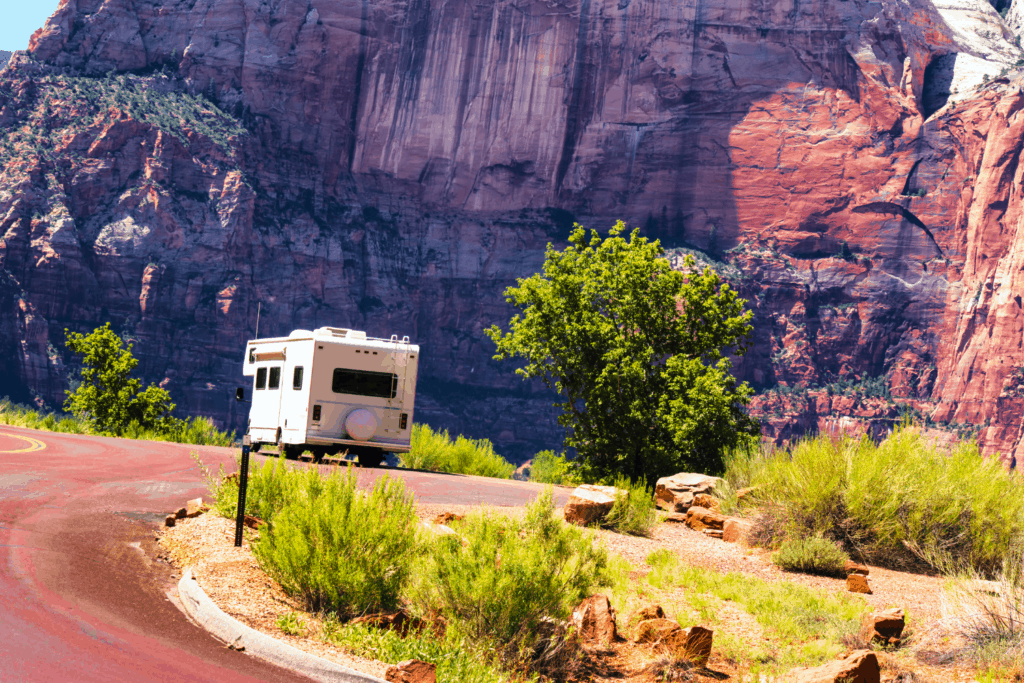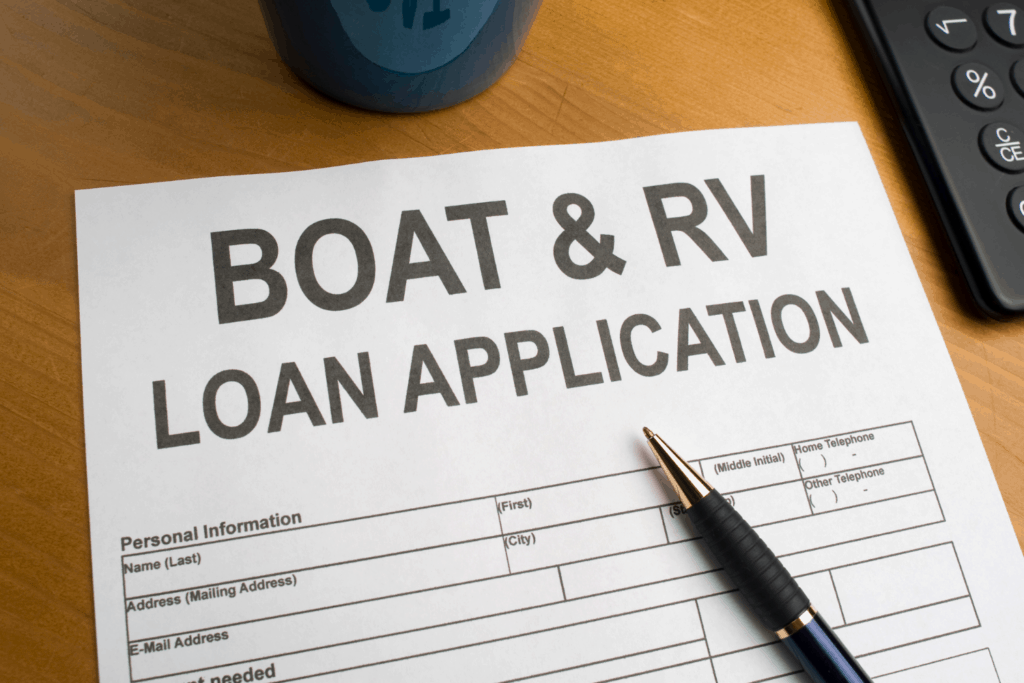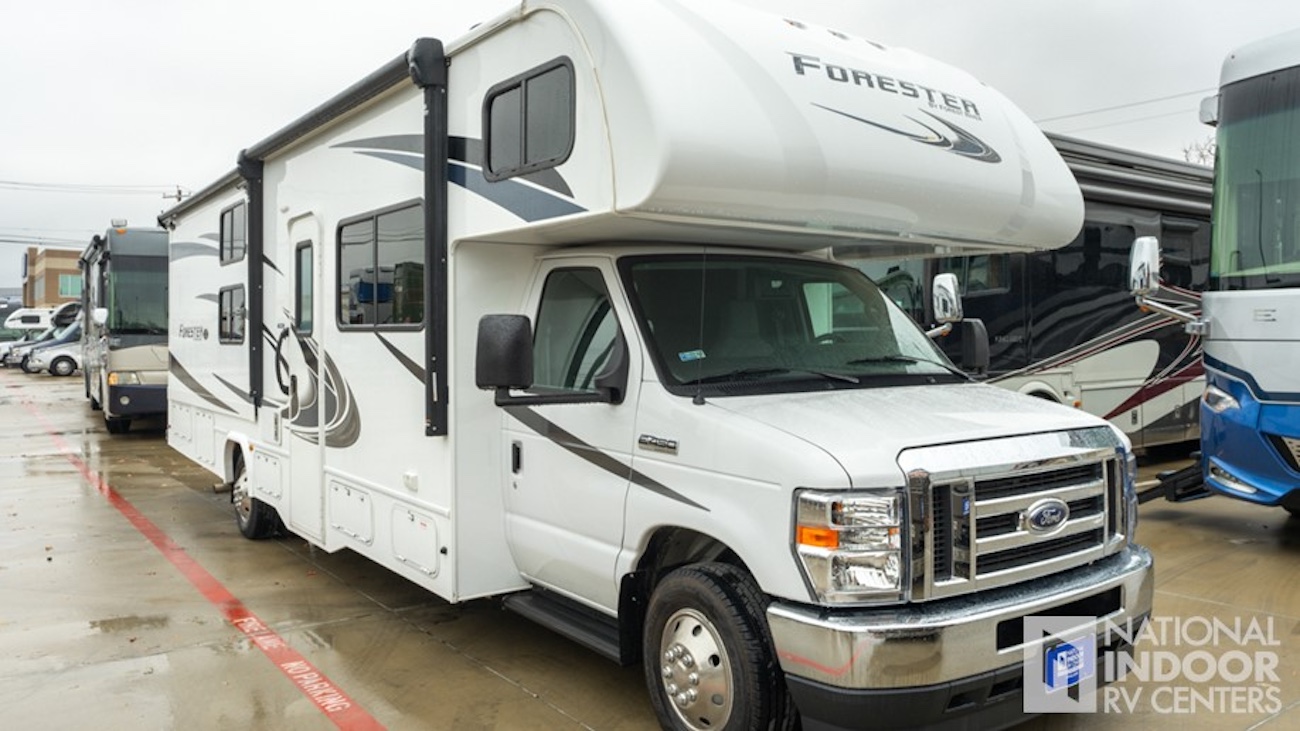
How To Avoid Bad RV Financing
Are you considering purchasing an RV but don’t know where to start when it comes to financing? Have you heard horror stories of high-interest rates and payments that seem never-ending? If so, you are not alone.
Similar to applying for a mortgage or a car loan, the more research you do on RV financing the better. This will eliminate any surprises, give you less anxiety, and ensure the payments and interest rates are within your budget.
The last thing you want is to not be able to enjoy your RV after you make your dream purchase.
Common RV financing mistakes
Avoiding these common mistakes will help ensure you get the best RV financing options available.
The impulse buy
Buying an RV is a luxury purchase that can range from $5000 to well over hundreds of thousands of dollars, depending on the type and model. Similar to buying a house, the purchase should not be made on an impulse. You should set a budget and stick to it.
Those who claim to have gotten “bad” RV financing are usually those who didn’t take enough time to consider the full impact on their budget. Besides the actual cost of the RV, there are other expenses to consider:
- RV maintenance
- Storage
- Insurance
- Repairs
- Campsite reservations
- Fuel
Not having a down payment
To get the best RV financing interest rates and payment terms (explained in more depth below), you should have a down payment. This varies from lender to lender but is typically 10-20% of the purchase price of the RV. And it could be higher if the RV is used.
The more down payment money saved, the lower your monthly payments will be. It could also lower your interest rate.
Neglecting your credit score
To qualify for the best RV loans and interest rates, an excellent credit score is your greatest asset. Because an RV is not a necessity like a home or car, a higher credit score is expected.
Check your credit score before going shopping for your new RV so you are not surprised. If the score is below 700, take some time to work on getting it higher to ensure you get offered the best RV financing options available.
Buying new versus used
While having a shiny new rig seems appealing to most, it’s those who do their research on quality used RVs that spend a lot less. And when you spend a lot less, there is less to finance. This leads to lower, more affordable payments.
If you shop for a used RV, you may find one that was gently used and seems like brand new. You may also find one with the modifications already done that you were looking to do yourself.
If you are new to buying a new or used RV check out this Buyer’s Guide for a First Time RV or Travel Trailer Purchase for helpful tips.
Only considering the RV dealership financing
There are good financing offers available at most reputable RV dealerships. However, shopping around might yield you even better options.
Check out the RV financing options at your local bank first since you have an existing relationship there. You may even get a lower interest rate because you are a customer.
There could be other ways to finance your RV besides an RV loan. If you have equity in your home, a Home Equity Loan may be a more attractive option. By speaking to your banker, you may uncover even more financing possibilities based on your financial situation.
It’s never been easier to shop around for RV financing. Most lenders offer online applications and remote settlements for your convenience.
Not negotiating the purchase price of the RV
Whether buying new or used, the purchase price is almost always negotiable. All you have to do is be prepared and ask.
Doing your homework ahead of time will help you get the best price available. Search online through other dealership inventories or private sales pages to make sure your RV purchase price is in line with the industry standard.
To determine the value of a new or used RV, use the RV NADA Guide.

How does RV financing work?
Types of RV loans
When it comes to RV financing, there are few different types of loans available depending on your situation.
- RV Loan: This is a secured loan that uses the RV as collateral. This means the title of the RV is kept by the bank until the loan is paid off.
- Home Equity Loan: This is also a secured loan that uses your home as collateral if you have enough equity available. Typically referred to as a second mortgage on your home if you have an existing mortgage. This type of loan will offer the best interest rate and repayment terms.
- Personal Loan: This is an unsecured loan which means the bank or finance company has no collateral. Because of this, your interest rate will be higher and payment terms will be much shorter. This is the least popular loan option for the borrower and the lender.
What terms are available?
Typically RV Loan and Home Equity Loan terms range from 10-15 years. Some financial institutions will go up to 20 years depending on the amount of the loan, your credit score, and down payment.
If you are going with a Personal Loan, the term will be much lower because there is more risk to the bank. These loans typically are not over 5 years.
Are all interest rates the same?
Interest rates will vary greatly depending on the type of loan, the loan term, your credit score, and the value of the RV. Shopping around to find the best rate will save you money on your monthly payments.
The best interest rate will be on a Home Equity Loan and the highest will be a Personal Loan. At this time, RV Loan rates are at an all time low starting at 4.29%. A Home Equity Loan could be even lower if qualified.

RV insurance
In order to secure an RV Loan, you must show proof of RV insurance. The financial institution wants to protect their asset that is being held as collateral for the loan.
Just like shopping around for the best deal on your RV, you should do the same when it comes to the best insurance rates and plans out there. This is especially important if you are using your RV as your residence. There are more extensive policies to protect you if you get in an accident with your home.
Our article on “What Does RV Insurance Cover?” provides more detailed information on the different types of coverages.
Is RV financing interest tax deductible?
According the the IRS and described below, an RV can be treated as a main home or second home as long as these facilities are met: sleeping, cooking, and toilet.
As always, contact your accountant to discuss your tax deduction capabilities.
The IRS allows taxpayers to designate one residence only as a main home at any one time. The main home must be the one where you ordinarily live most of the year.
This can be a boat or RV even if the boat or vehicle doesn’t have a permanent location. As long as it contains the required facilities, you can claim it as your main home on your taxes.
The benefit of treating a boat or RV as your primary residence, is to take allowable homeowner tax deductions that can decrease your overall tax bill. As long as the boat or RV is security for the loan used to buy it, you can deduct mortgage interest paid on that loan.
In the event you decide to move back into a more traditional house, your boat or RV can also be treated as a qualified second home, and the same homeowner deductions apply.
Turbo Tax – updated for 2020
RV financing final thoughts
Any type of financing is a big decision. It should never be taken lightly and should be given the proper amount of consideration to ensure it’s the best choice for you and your family.
Typically you will be using some of your savings along with getting a loan. After getting the loan, you will have monthly payments and other expenses to consider. With all this knowledge the best question to ask yourself is, “Will I be able to sleep at night if I finance an RV?” Only you and anyone who may guide you in your financial decisions can answer that question.
If you do move forward with financing, that’s great! Your new RV adventure awaits and most importantly you will have peace of mind knowing you did all your research and made the best financial decisions.




Are there closing costs associated with a home equity loan? If so what are the typical costs? We have 800+ credit, paid off our home. Is it best to get a home equity loan from the bank where you had your home loan from or another bank?
Thank you,
Yes it is.